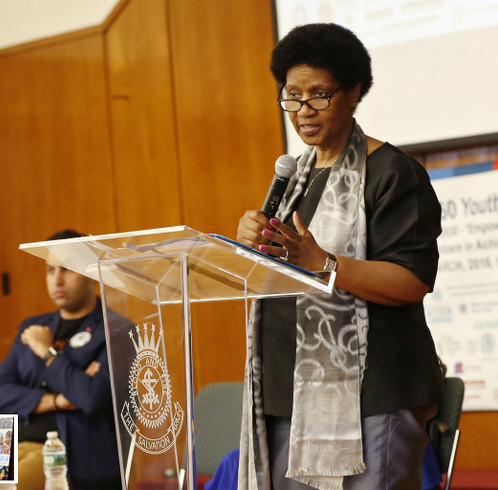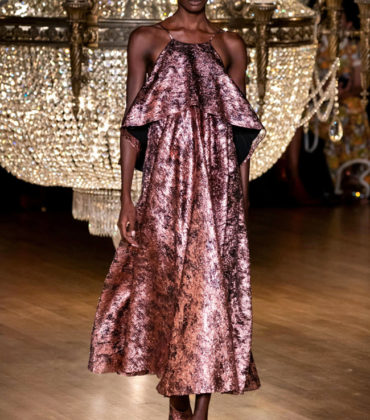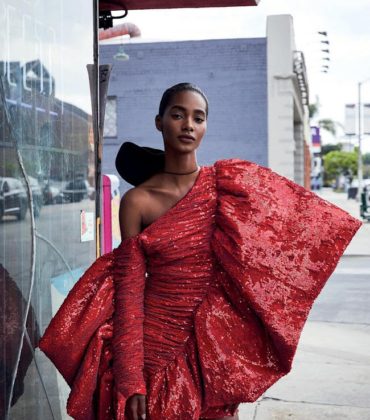
(UN Women/Ryan Brown)
Race, culture, and intersectionality played a major part in the discussions that took place at the United Nation’s 60th Commission on the Status of Women held during its annual conference from March 8-24. The commission, which made sustainable development and violence against women a priority topic look a closer look at which groups of women tend to be more affected worldwide.
“We know that in order to bring the new agenda to life, we need to get closest to those who are most disadvantaged,” said UN Women Executive Director Phumzile Mlambo-Ngcuka. “Governments cannot deliver alone on their strong commitments. Collaboration with civil society and women’s organizations is key. It also means that greater support and protection of civil society is needed to ensure greater political space and capacity for them to implement this agenda, the support of the private sector is also needed.”
The Commission is the single-largest forum for the advancement of the women’s empowerment agenda, with nearly 8,100 NGO registered for the conference and a record 208 scheduled events. But despite the conference’s growing influence, leaders acknowledge that there is still a lot of work to be done.
“It is important that as women we recognize the power in our unity, but also that there are other women who act against us because we do not look like them, speak their languages, or subscribe to their spiritual beliefs,” Mozambican delegate Precious Guebuza told AFRO.com. “Whether it is sex trafficking, forced marriages with young girls, or taxi drivers targeting African businesswomen for rape to keep them as housewives, the girls and women in India, Australia, the U.S. and Africa have common threats. We must contend with the realities that sometimes empowering girls establishes anger among men and elders who want tradition. These types of talks help narrow the gaps in our understanding and keep Black women, African women from becoming the victims of progress.”




